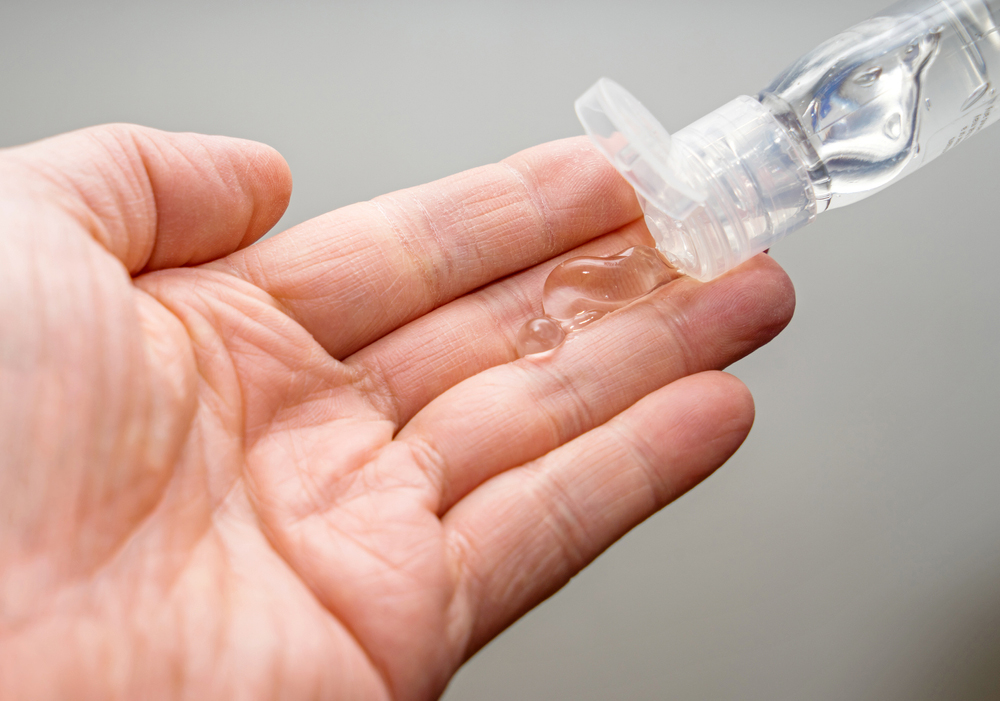As many as 152 new players rushed to make hand sanitisers from March onwards as demand surged and established companies failed to plug the supply gap, says a study on the impact of the pandemic on fast moving consumer goods and retail channels.
The research, which captures the consumer behaviour pattern ahead of the lockdown and a week after it was imposed, shows the sale of local brands gaining currency over established players and the rise of technology as a key enabler to market and sell products going forward.
The Nielsen survey showed consumers rushed to buy wellness products. Branded honey, chawanprash and turmeric saw a huge spike in sales.
Industry watchers say several companies also started to align their communication strategy with the immunity theme. For instance, a leading mattress company kicked off a TV commercial claiming how sleep enhances immunity.
“The consumers are being forced to change their purchasing behaviour as Covid-19 rages through the world. We are calling out three broad themes emerging so far — quality and efficacy, rise of local origin and technology working as a catalyst,” Prasun Basu, president (South Asia zone), Nielsen Global Connect, said.
Local brands
Smaller and local players could corner 61 per cent market share of the hand sanitiser market in March compared with February where top three brands had 85 per cent share. In the packaged rice segment, top three players’ share fell to 64 per cent in March over 72 per cent in February.
But will this trend continue?
Sameer Shukla, west market lead, South Asia of Nielsen Global Connect, said some of the players may continue to do well. “These companies had to jostle for self space or spend on offers to make consumers try them... And some of them may like the new product. So the entry barrier has come down,” Shukla said, cautioning a fuller picture may be available after studying the buying pattern in April.
Some of the established players have also joined the bandwagon. Emami brought out Boroplus hand sanitiser while ITC expanded the category under the Savlon brand, including a surface disinfectant spray. E-commerce players, who were the biggest beneficiaries of the disruption, will continue to gain ground. About 39 per cent of consumers said they will shop more online in the post Covid world.
Discretionary spends
The second edition of the Covid impact survey, which had 1,330 respondents from 23 metro and cities, found consumers planning to cut down on discretionary spend and spend more on health and safety. While 64 per cent will spend less on restaurants and movie tickets, 54 per cent will cut down on automobiles, luxury brands or leisure travel.











